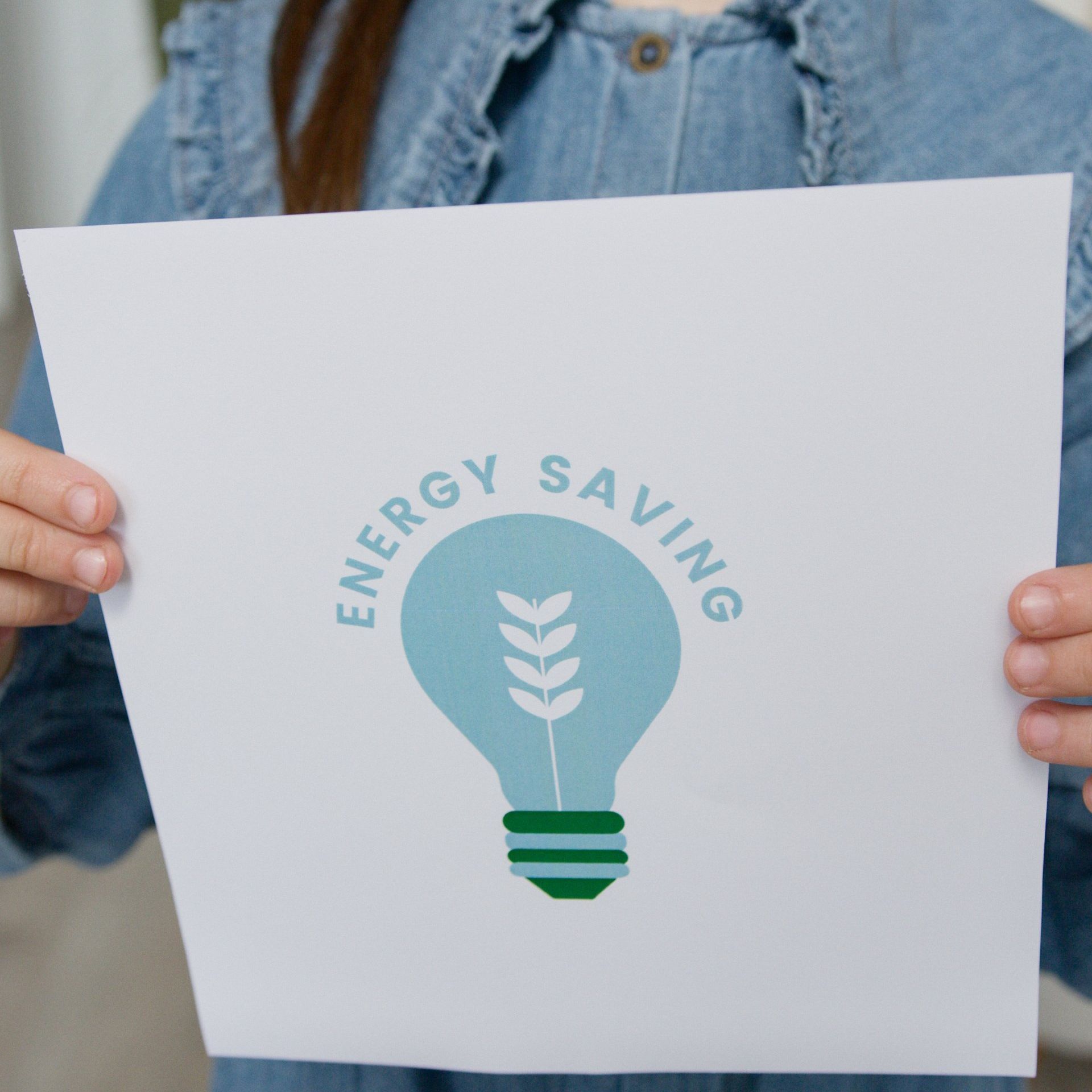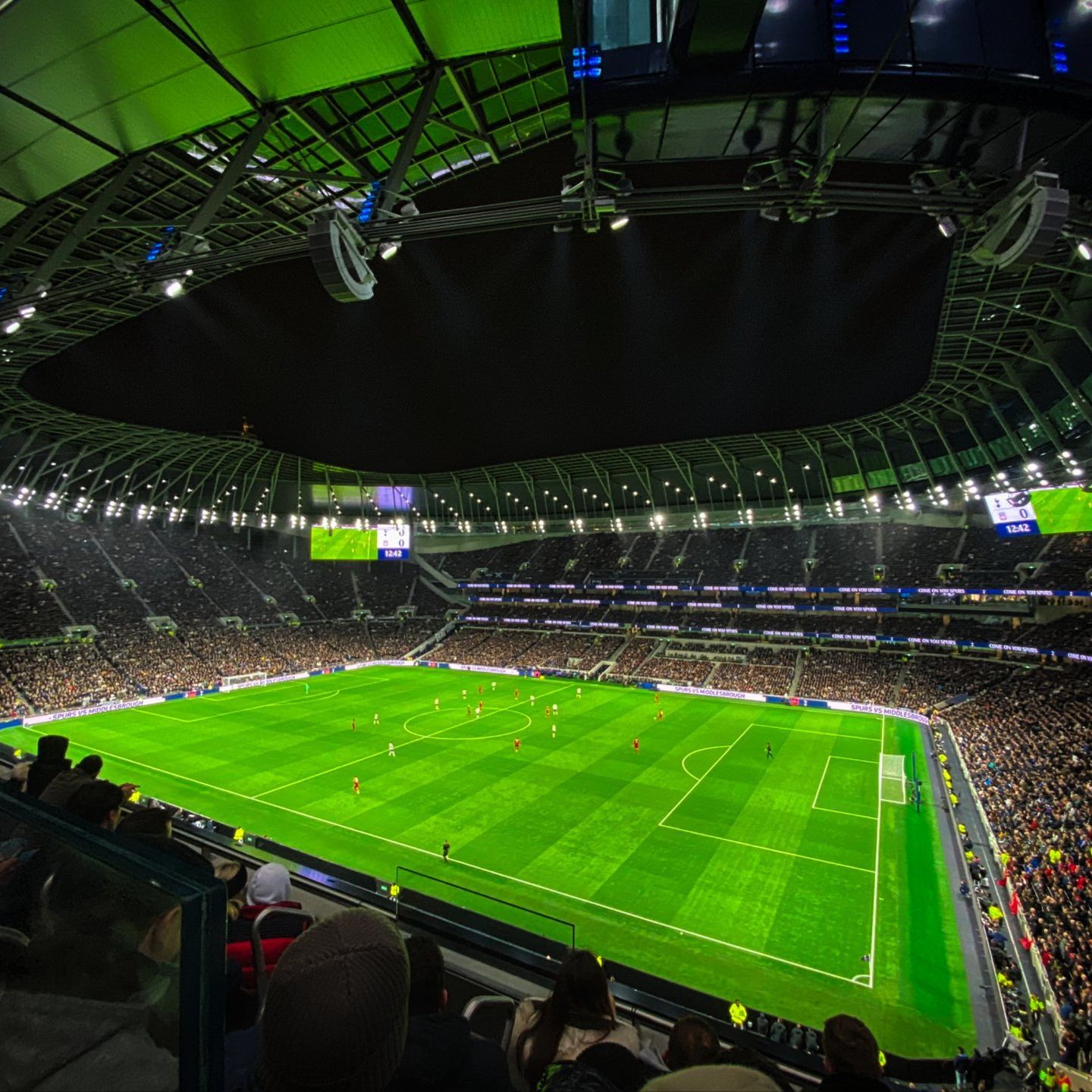Shining a Light on Sustainability: How LED Lighting is Benefiting the Environment

As concerns about climate change and environmental sustainability grow, industries around the world are seeking innovative solutions to reduce energy consumption and minimize their carbon footprint. In the realm of lighting, LED technology has emerged as a game-changer, offering significant benefits for both businesses and the environment. In this blog post, we will explore how LED lighting is revolutionizing the lighting industry, promoting sustainability, and contributing to a greener future.
Energy Efficiency:
LED lighting is renowned for its remarkable energy efficiency. Compared to traditional lighting solutions, LEDs consume significantly less energy while providing equal or superior illumination. This energy efficiency translates into substantial reductions in electricity usage, lowering greenhouse gas emissions and mitigating the impact on the environment. LED lights convert a higher percentage of electrical energy into light, minimizing wasteful heat production, and contributing to energy conservation.
Reduced Carbon Emissions:
The transition to LED lighting plays a pivotal role in reducing carbon emissions. The lower energy consumption of LED lights results in a reduced reliance on fossil fuel-based electricity generation, which is a major contributor to greenhouse gas emissions. By embracing LED lighting solutions, businesses and households can significantly shrink their carbon footprint, contributing to the global effort to combat climate change.
Long Lifespan and Durability:
LED lights have an impressive lifespan, lasting up to 25 times longer than traditional incandescent bulbs. This extended lifespan not only reduces the frequency of bulb replacements but also minimizes waste generation. Additionally, LED lights are highly durable, resistant to shocks and vibrations, making them ideal for various applications, including outdoor lighting. The longevity and durability of LED lighting significantly reduce the environmental impact associated with manufacturing, transportation, and disposal of lighting fixtures.
Absence of Harmful Substances:
Unlike traditional lighting options such as fluorescent lights, LED lights do not contain hazardous substances like mercury. Mercury is a toxic element commonly found in fluorescent lights, and its improper disposal poses serious environmental risks. By opting for LED lighting, businesses and households eliminate the potential harm caused by mercury leakage and reduce the environmental impact of lighting waste.
Compatibility with Renewable Energy Sources:
LED lighting is well-suited for integration with renewable energy sources, such as solar power. The low energy requirements of LED lights make them highly compatible with renewable energy systems, enabling businesses and households to maximize their reliance on clean, sustainable energy. The combination of LED lighting and renewable energy sources accelerates the transition to a greener energy ecosystem and fosters a more sustainable future.
Environmental Awareness and Corporate Social Responsibility:
Adopting LED lighting reflects a commitment to environmental awareness and corporate social responsibility. By embracing sustainable lighting solutions, businesses demonstrate their dedication to reducing their environmental impact and contributing to a more sustainable society. This commitment can enhance brand reputation, attract environmentally-conscious customers, and inspire other organizations to follow suit.
LED lighting has emerged as a leading technology that not only offers energy-efficient illumination but also contributes significantly to environmental sustainability. Through reduced energy consumption, lower carbon emissions, extended lifespan, absence of harmful substances, and compatibility with renewable energy sources, LED lighting is paving the way for a greener and more sustainable future. By adopting LED lighting solutions, businesses and households can make a positive impact on the environment, reduce energy costs, and inspire others to embrace sustainable practices. Together, we can shine a light on sustainability and build a brighter, more eco-friendly world.











